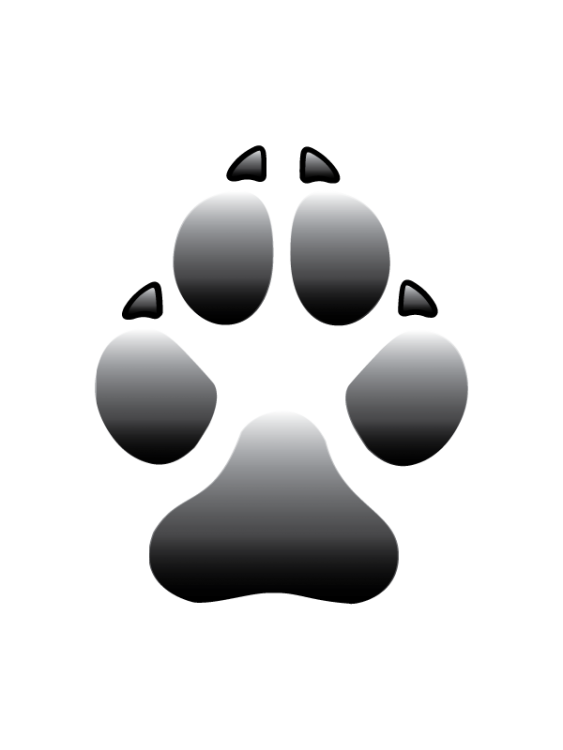 News & Highlights
News & Highlights
IPFD Board News
Pekka Olson Re-Elected as SKK President
Congratulations to IPFD Chair, Dr. Pekka Olson, who has been re-elected President of the Swedish Kennel Club!
See Pekka's bio and learn more about all of our Board members and Officers here.
Breeds
Breed of the Month
★ This Month's Breed is the Tibetan Mastiff ★
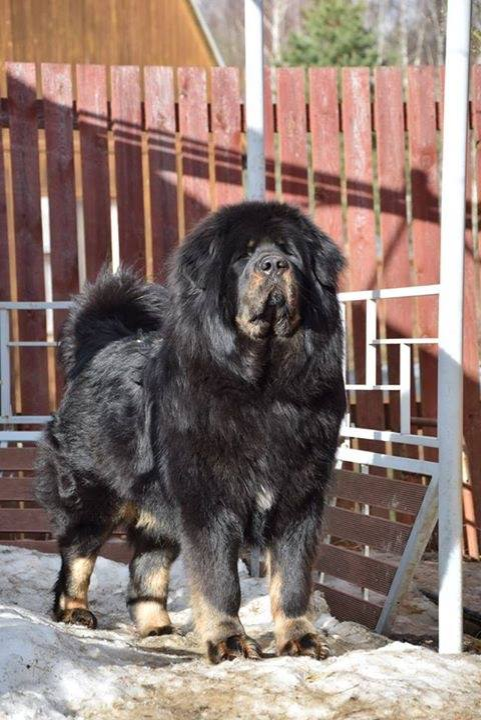 A landrace breed from Central Asia... see articles, health and breed details including breed history. Resources offered include an examination of TM coat color as well as several videos, one created by Richard Eichhorn - esteemed judge and breed expert... Check out DogWellNet.com's Database for the:
A landrace breed from Central Asia... see articles, health and breed details including breed history. Resources offered include an examination of TM coat color as well as several videos, one created by Richard Eichhorn - esteemed judge and breed expert... Check out DogWellNet.com's Database for the:
"The Tibetan Mastiff is a primitive breed used to guard livestock. The breed is highly intelligent, highly protective, and independent thinking dog. Richard Eichhorn has a been involved with this rare dog breed since 1978, he was one of the first advocates for the breed in the United States. Very few animal documentaries will give you insight in to this breed. While at his breeding facility in the California High Dessert, we see a lot of great examples of the Tibetan Mastiff breed. The modern Tibetan Mastiff if only slightly changed from the Ancient dogs of Tibet. Because this is a landrace breed developed over centuries in Southern China, and only recently brought mainstream, this is still a healthy breed. Aloof yet alert the Tibetan Mastiff is quiet and protective of his family, This is an elite canine guard dog. The Tibetan Mastiff developed in the Himalayan Mountains and the plains of Central Asia. The breed has a heavy coat that unlike more domesticated breeds, the coat serve as protection from predators as well as the elements."
Many thanks to Lyn Peel for providing guidance and rich content used in development DWN's Tibetan Mastiff page!
Check out the Tibetan Mastiff!!!
New Breed Listings
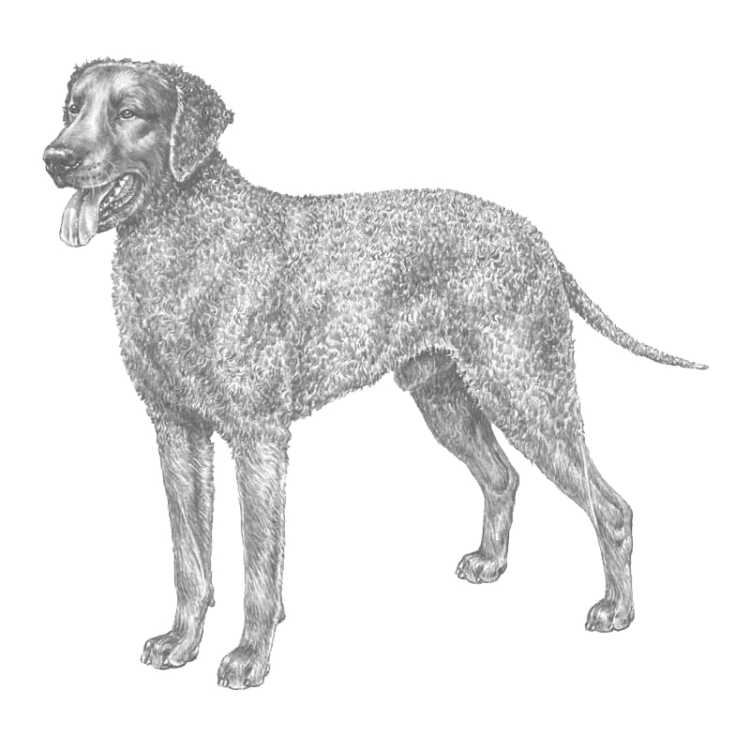 Curly Coated Retriever
Curly Coated Retriever
A breed with a hunting heritage, the Curly Coated Retriever is an active, quick and agile breed requiring plenty of exercise. Known for possessing a discerning independent nature, the dogs can be aloof with strangers and are protective, affectionate and loyal companions.
..............
It has been claimed that the Curly Coated Retriever is the oldest of the Retriever breeds. He is also the tallest. The hallmark of the breed, a coat of small tight curls, nods acknowledgement to his ancestor, the English Water Spaniel, now extinct, which was added to a base of Retriever blood probably the Labrador. Poodle blood was also added to the mix to give the tightness of curl. The coat gives the dog a waterproof quality when retrieving ducks from water, the function for which he was originally bred.
Source: The Kennel Club (UK)
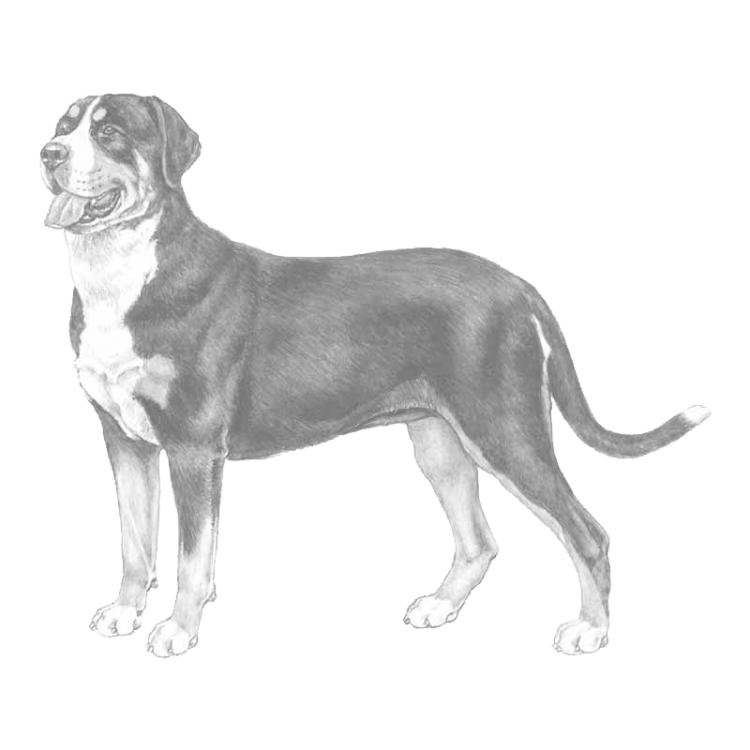 Great Swiss Mountain Dog
Great Swiss Mountain Dog
The breed is large and heavy-boned with great physical strength, but is still agile enough to perform the all-purpose farm duties it was originally used for. Its breed standard calls for a black, white, and rust colored coat. The Greater Swiss Mountain Dog is sociable, active, calm, and dignified, and loves being part of the family. It is relatively healthy for its size and tends to have far fewer problems than more popular breeds in its size range. Among the four Sennenhunde, or Swiss mountain dogs, this breed is considered the oldest, and is also the largest.
Source: Wikipedia
The Tibetan Mastiff (Do Khyi) is an ancient working breed of the nomad herders of the Himalaya and a traditional guardian of the Tibetan monasteries. Independent. Protective. Commands respect. Most loyal to his family and territory.
The dog itself is to be found all through central Asia and has different names according to different locations. "The name Tibetan Mastiff is a misnomer; the Tibetan Mastiff itself is not a true Mastiff. The term "mastiff" was used by the Europeans who first came to Tibet, because it was used to refer to nearly all large dog breeds in the West. A better name for the dog might be Tibetan mountain dog or, to encompass the landrace breed throughout its range, Himalayan mountain dog."
Sources: F.C.I. Breed Standard | Wikipedia
Updated Breed Listings
Articles
In September 2019, the Orthopedic Foundation for Animals (OFA) posted several videos on YouTube. In this article, we highlight several. These presentations are substantive in their coverage of the topics with a focus on improving health and welfare of dogs. The audience for these presentations is veterinarians, although dog breeders and breed club health managers can certainly benefit from viewing/sharing this content.
-
 Supply and Demand: Establishing Science-Based Standards for the Care and Welfare of Dogs in US: Commercial Breeding Facilities
Supply and Demand: Establishing Science-Based Standards for the Care and Welfare of Dogs in US: Commercial Breeding Facilities
From The 4th International Dog Health Workshop plenary - Prof. Candace Croney, Purdue University
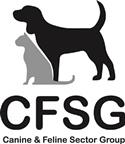
 The Kennel Club in the UK posted information on a "New Dog Breeding Regulation".
The Kennel Club in the UK posted information on a "New Dog Breeding Regulation".
UK regulations and guidance documentation is available at CSFG.
Chapter from Standards, Health and Genetics in Dogs includes discussion of topics including Inheritance patterns
Genotype-phenotype correlation and Genetic Counseling
This article was presented at the 2019 AKC Canine Health Foundation National Parent Club Canine Health Conference. It has been reprinted on DogWellNet.com with the written permission of the author.
Blogs
-
 How can non-standard colours occur naturally in some breeds? New research from Purdue University’s College of Veterinary Medicine shows that some breeds of dogs have hidden coat colors – and in some cases, other traits – that have been lurking all along. A link to this research paper, along with links to press releases, are posted in True Colors: Commercially-acquired morphological genotypes reveal hidden allele variation among dog breeds, informing both trait ancestry and breed potential. Many thanks to Kari Ekenstedt for her work and for sharing this information with IPFD!
How can non-standard colours occur naturally in some breeds? New research from Purdue University’s College of Veterinary Medicine shows that some breeds of dogs have hidden coat colors – and in some cases, other traits – that have been lurking all along. A link to this research paper, along with links to press releases, are posted in True Colors: Commercially-acquired morphological genotypes reveal hidden allele variation among dog breeds, informing both trait ancestry and breed potential. Many thanks to Kari Ekenstedt for her work and for sharing this information with IPFD!
- In her latest entry, IPFD CEO Dr. Brenda Bonnett addresses work being done around DNA testing for Canine Degenerative Myelopathy. Read: DNA tests - DM - AKC-CHF Webinar.
-
 Brenda reflects on a VETgirl Veterinary Continuing Education Podcast that explores aspects of best practices in communication on sensitive issues like euthanasia and the gaps across pet owner and veterinarian perceptions in Client-Centered Communication for Euthanasia - for Vets and Pet Owners.
Brenda reflects on a VETgirl Veterinary Continuing Education Podcast that explores aspects of best practices in communication on sensitive issues like euthanasia and the gaps across pet owner and veterinarian perceptions in Client-Centered Communication for Euthanasia - for Vets and Pet Owners.
- In "When 23 and Me Has Gone to the Dogs" - Balancing Challenges and Benefits, Brenda examines a recent article in The Canine Chronicle entitled: "When 23 and Me Has Gone to the Dogs", and also suggests how we can improve our ability to make the best decisions for dogs by capitalizing on potential tools and strategies.
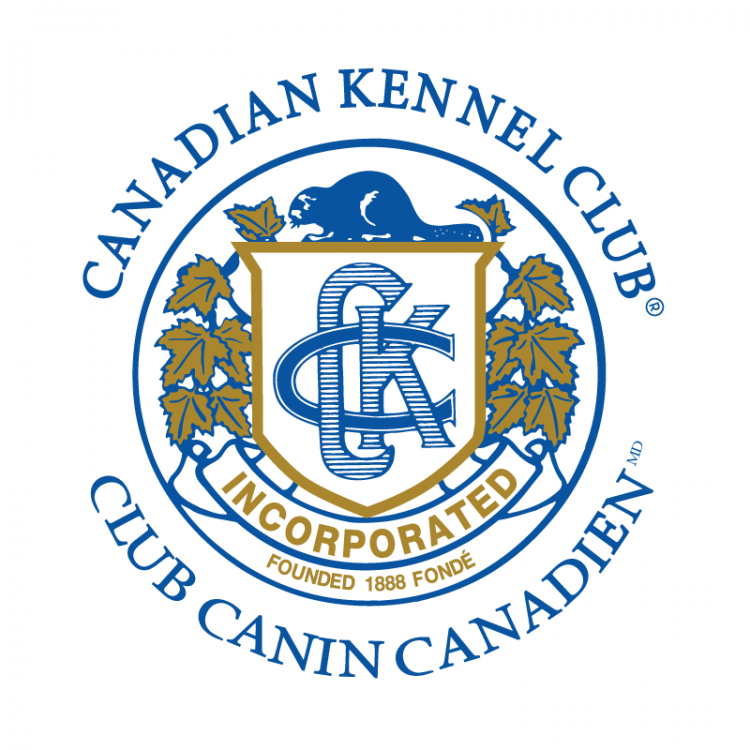 Contributing Partner and HGTD Contributing Leadership Sponsor, the Canadian Kennel Club (CKC), recently published a series of pages profiling IPFD to help increase our visibility in Canada and to showcase the work we're doing with the CKC to improve the health, well-being, and welfare of dogs.
Contributing Partner and HGTD Contributing Leadership Sponsor, the Canadian Kennel Club (CKC), recently published a series of pages profiling IPFD to help increase our visibility in Canada and to showcase the work we're doing with the CKC to improve the health, well-being, and welfare of dogs.
We encourage all of our Contributors to feature IPFD content prominently on their websites to help all of us accomplish our collective goals. Please contact us for assistance in developing content including text, images, and logos.
Harmonization of Genetic Testing for Dogs (HGTD)
 The HGTD Project has seen significant growth in 2019, and currently lists 76 Genetic Test Providers (GTPs) across 22 countries, worldwide with 40 currently participating or starting their participation. We have made several improvements to the information we record for both genetic test providers and test information. This includes clearer information on what laboratories are used for outsourcing testing and when information on tests offered has been updated by GTPs. In addition, we are continuing to update and add to our phenes/tests database to provide more research journals, updated OMIA numbers and links, commentary on breeds specifically associated with the research, and researcher-driven recommendations on how to apply test information. Our hopes for 2020 are to continue to reach out to other GTPs to actively participate in this project, and to provide more breed-specific testing information.
The HGTD Project has seen significant growth in 2019, and currently lists 76 Genetic Test Providers (GTPs) across 22 countries, worldwide with 40 currently participating or starting their participation. We have made several improvements to the information we record for both genetic test providers and test information. This includes clearer information on what laboratories are used for outsourcing testing and when information on tests offered has been updated by GTPs. In addition, we are continuing to update and add to our phenes/tests database to provide more research journals, updated OMIA numbers and links, commentary on breeds specifically associated with the research, and researcher-driven recommendations on how to apply test information. Our hopes for 2020 are to continue to reach out to other GTPs to actively participate in this project, and to provide more breed-specific testing information.
Ask Aimee
Our HGTD Project Director, Aimee Llewellyn-Zaidi, provides answers to your questions on canine genetic testing in Ask Aimee. If you’d like to submit a question to Aimee, please email her at aimee.llewellyn-zaidi@ipfdogs.com.
Get Involved in HGTD! We welcome additional participant GTPs, more collaborators from any stakeholders concerned with dog health and welfare, the advice of experts, the participation of breed clubs and other consumer groups. We stand ready to provide more information to ongoing discussions.
Please feel free to contact us as we work together for healthy dogs and to support those who breed and own them: IPFD CEO, Dr. Brenda Bonnett, at brenda.bonnett@ipfdogs.com and/or HGTD Project Director, Aimee Llewellyn-Zaidi, at aimee.llewellyn-zaidi@ipfdogs.com.
Pet Obesity - Information & Resources
For some time, pet obesity has been recognized as a crucial, widespread issue that impacts the health, welfare, and lifespan of dogs.
Earlier in 2019, following the 4th IDHW, IPFD endorsed the Global Pet Obesity Initiative Position Statement, joining 24 International Veterinary Professional Organizations, including the American Veterinary Medical Association Board of Directors, British Small Animal Veterinary Association, Canadian Veterinary Medical Association, World Small Animal Veterinary Association, among others.
Pet obesity is a studied health and welfare issue that is, presumably, quite straightforward... and under control of owners to fix. However, as for issues around human obesity, in reality the situation can be more complicated; and recent studies have examined some of the complexities, for people and their pets. An IPFD collaborator, Prof. Peter Sandøe (University of Copenhagen), and others published a paper in 2014 on Canine and feline obesity: A One Health perspective that offers a broad coverage of the problem, why it is important, how the Human-Animal Bond impacts challenges, and, importantly, "Why we should care". From the article:
"Recent years have seen a drastic increase in the rates of overweight and obesity among people living in some developed nations. There has also been increased concern over obesity in companion animals. In the latest article in Veterinary Record's series on One Health, Peter Sandøe and colleagues argue that the relationship between obesity in people and in companion animals is closer and more complex than previously thought, and that obesity should be treated as a One Health problem."
In a new article on DogWellNet.com, you will find links to articles that address specific challenges, including perception of obesity and inaccurate assessment of body conditions score (as a measure of obesity). The evolution of obesity: from evolutionary advantage to a disease describes the historical perspectives and the current situation: "Obesity as a disease was first described by Hippocrates" ... and ... "in 1920’s the Insurance Companies, in 1948 World Health Organisation and in 2013 both American Medical Association and The American Heart Association, American College of Cardiology and The Obesity Society recognized obesity as a disease." As described above, this approach has also been taken in the veterinary world. These acknowledgements are made with the goal of facilitating treatment, promoting research, and with an aim to curb this growing health and public health problem.
Obesity can cause or worsen many health conditions, and the risk is enhanced for certain breeds and types of pets. Brachycephalic (flat-faced pets), already challenged in terms of respiratory function and heat regulation, are further compromised if overweight. This can be viewed as not only a health problem, but also as a welfare problem - but many owners remain unaware. See, e.g. Owners' perception of 'responsible dog ownership' in our Blogs section.
Veterinarians can offer clients sound advice for management of their pet to optimize health. Here, we'll feature work done by IPFD's collaborators as well as provide links to industry reports, research and educational tool kits which have been developed to assist owners and veterinary practices.
READ MORE: Pet Obesity - Information & Resources
IPFD is truly a "people driven" service organization. We allocate the bulk of our financial resources to maintain a  small but dedicated team of consultants to manage our modest resources and facilitate the activities of our stakeholders, with the aim of achieving our collective goals.
small but dedicated team of consultants to manage our modest resources and facilitate the activities of our stakeholders, with the aim of achieving our collective goals.
You can specify how your donation is used (support IPFD and its programs and activities OR support the Harmonization of Genetic Testing for Dogs). All donations are handled securely via PayPal.
Click Here to Make a Donation Now
Members can opt to receive notifications by email. Are you on our email list? Click here to edit your Notification Settings (you must be logged in to your account).
Viewing as a Guest? Sign in or register now to get the most out of DogWellNet.com.
Click an icon below to visit our social media sites:



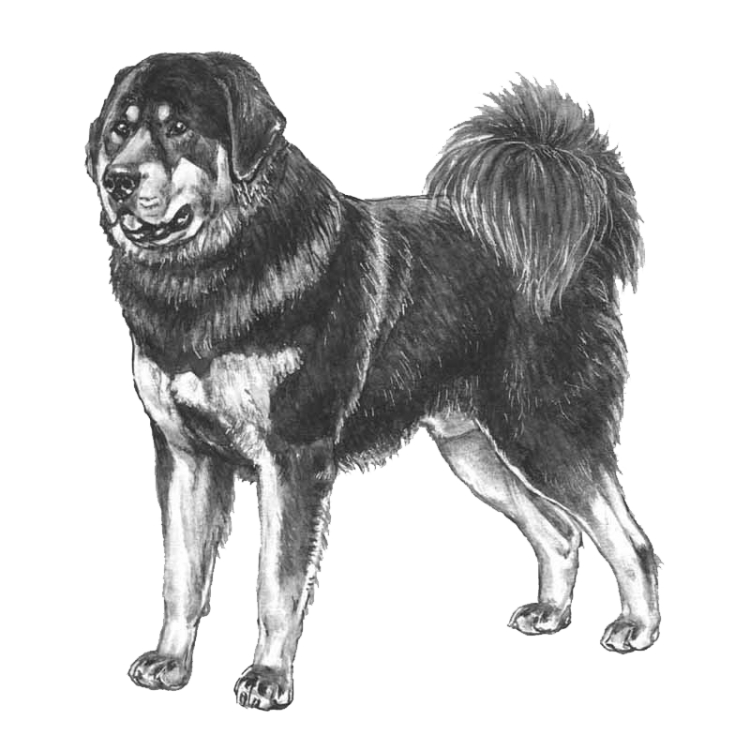
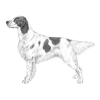

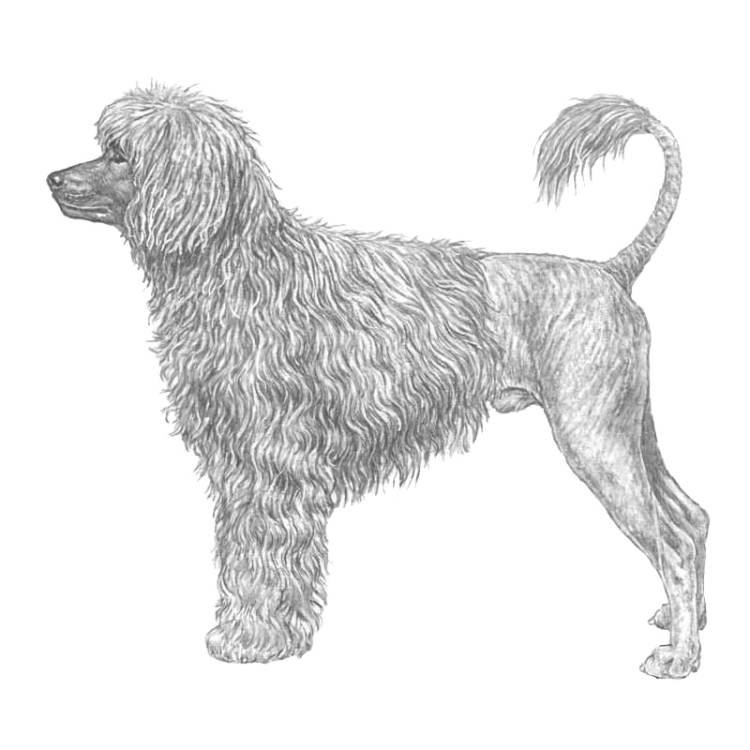
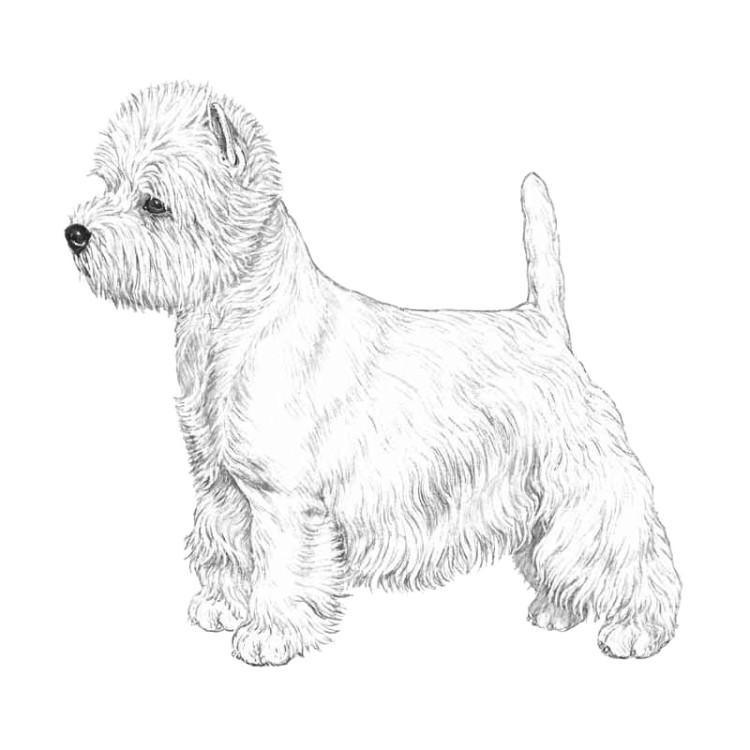

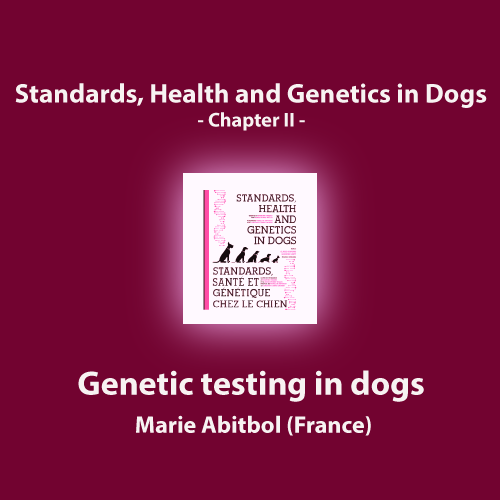
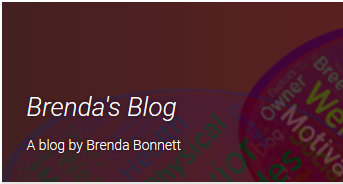
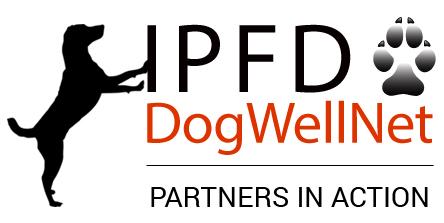
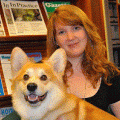

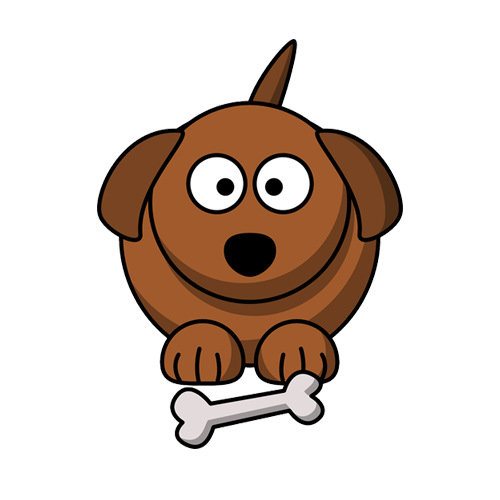
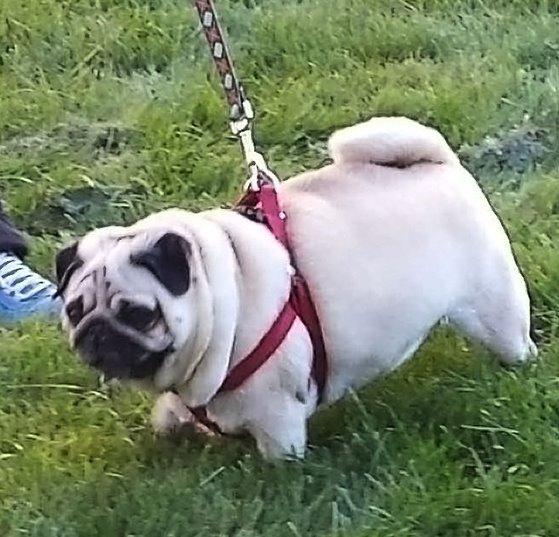




Recommended Comments
Join the conversation
You can post now and register later. If you have an account, sign in now to post with your account.
Note: Your post will require moderator approval before it will be visible.